Press Releases
-
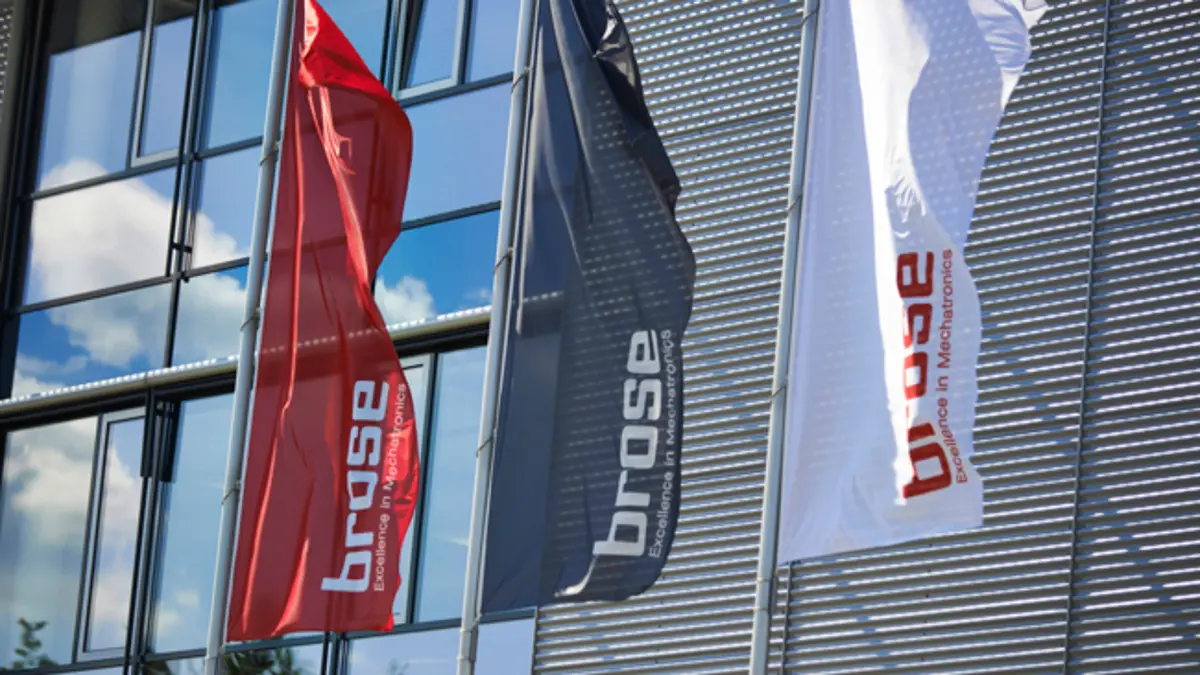
Brose improves its profitability
The Brose Group looks back on a challenging 2025 business year: lower customer demand, price pressure, supply bottlenecks, and global trade conflicts. Nevertheless, after losses in the previous year, the automotive supplier expects to return to pro...
-
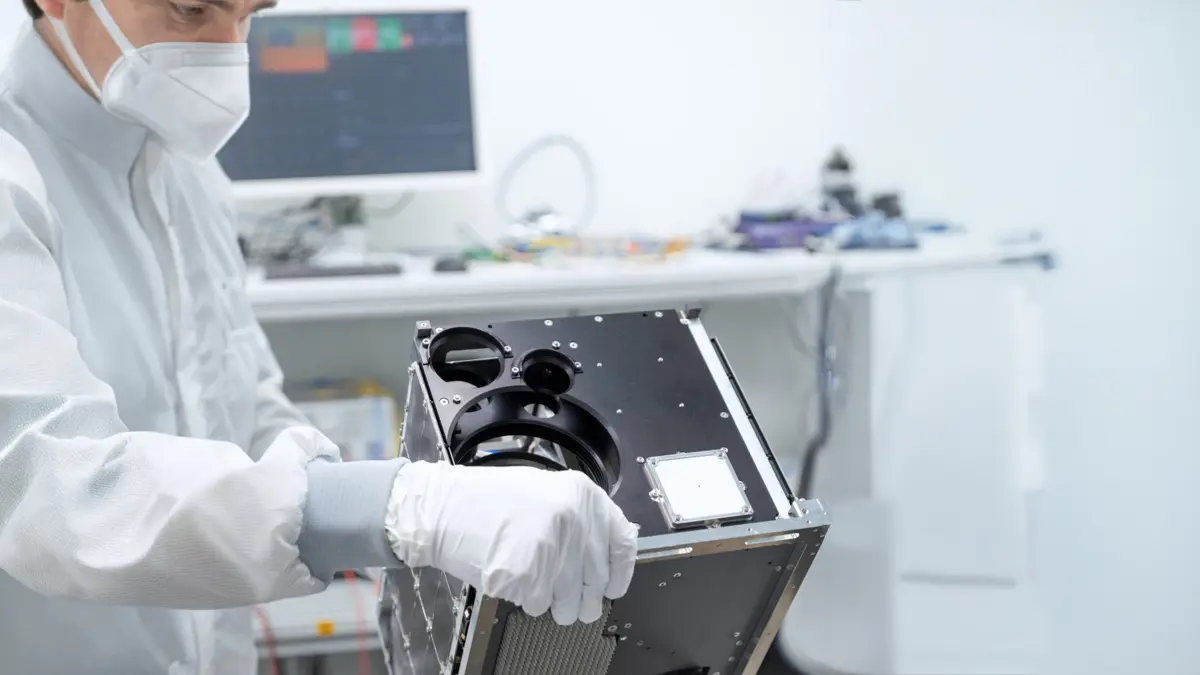
Brose is forming partnerships for a presence in the space and satellite sectors
Automotive supplier Brose is planning to enter the space and satellite sector. To this end, the family-owned company entered into strategic partnerships with leading research institutes and companies in October: the Fraunhofer Institute EMI, the Fr...
-
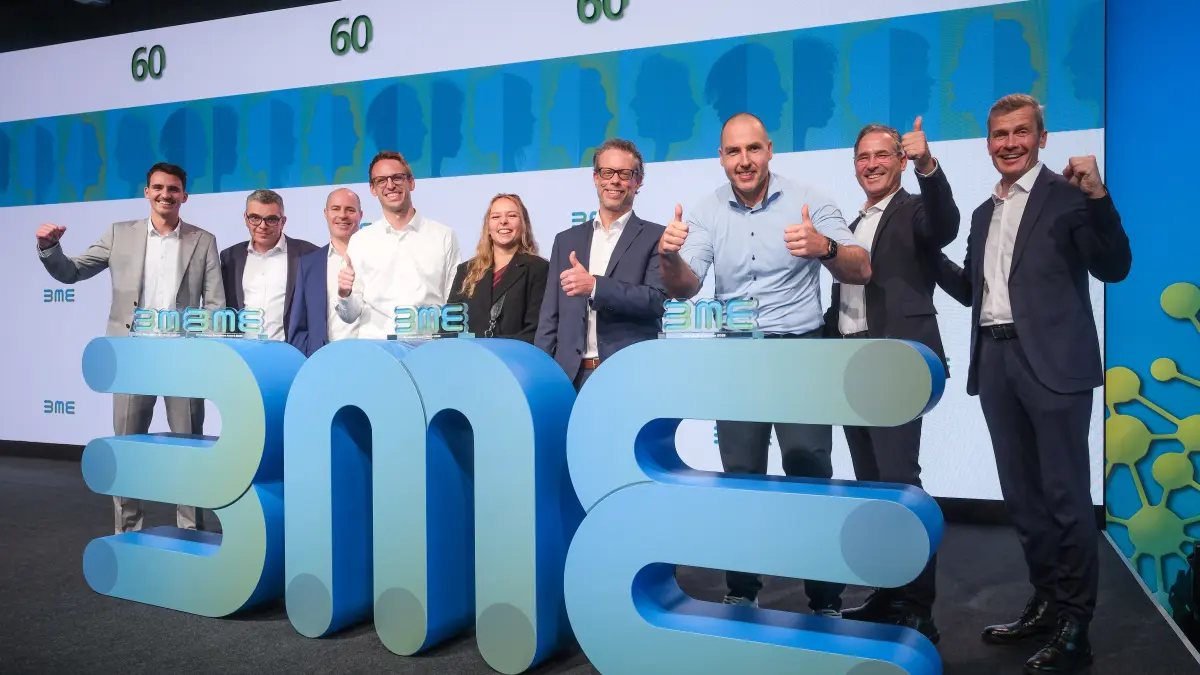
Brose awarded: CPO of the Year 2025
The German Association for Materials Management, Purchasing and Logistics (shortened in German to BME) has honored Sven-Uwe Erber, Head of Purchasing and Supplier Quality, as “CPO of the Year 2025”. This award not only recognizes the successful str...
-
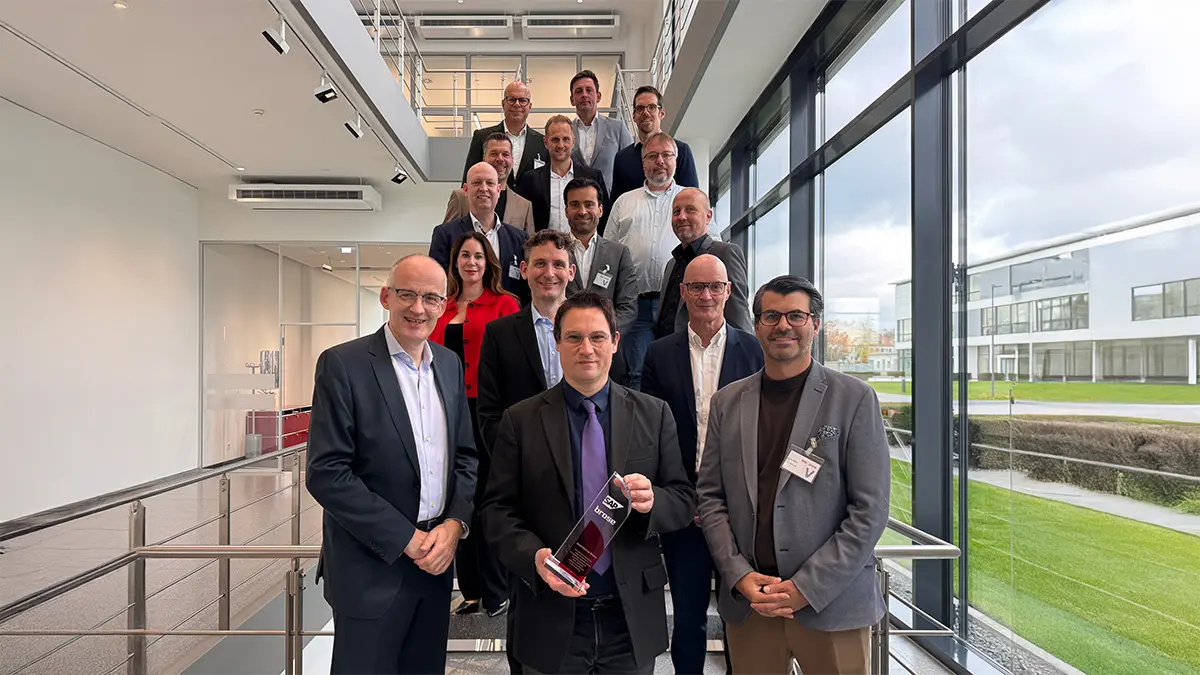
Brose receives SAP award for successful cloud migration
Automotive supplier Brose was recognized by SAP for successfully migrating its enterprise software to the cloud. The award ceremony took place on November 11 in Bamberg.
-
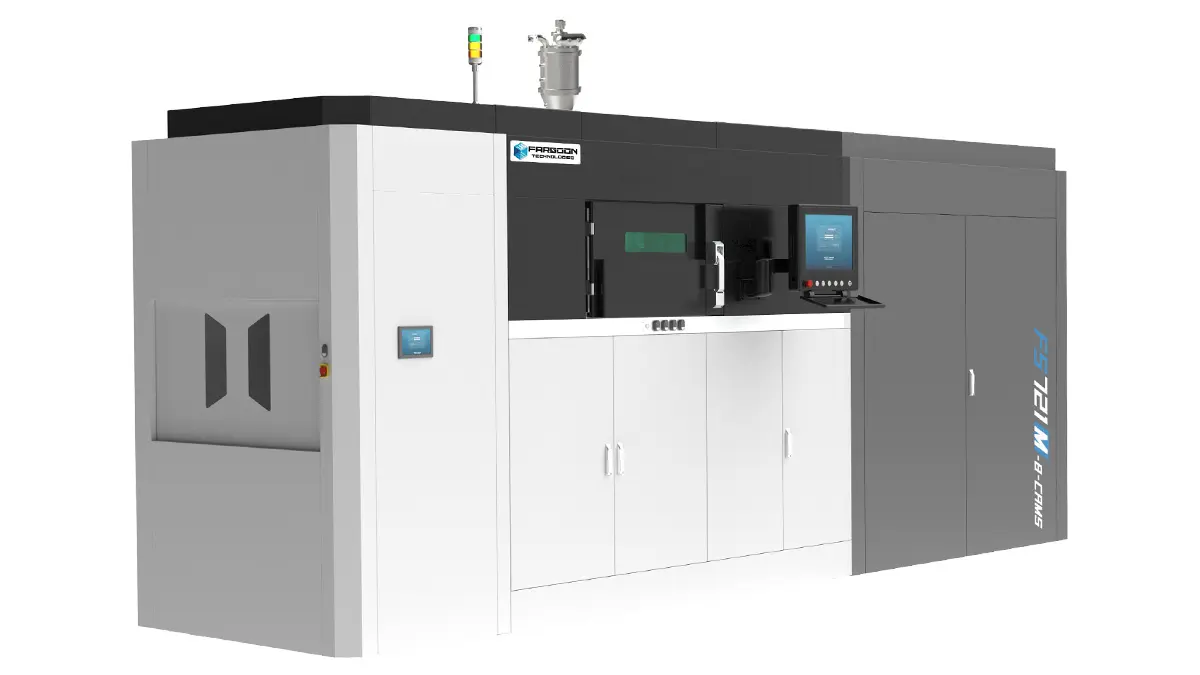
Brose sets new standards in 3D printing
Automotive supplier Brose is taking its additive manufacturing to a new level with a metal 3D printer that is unique in Germany. The high-performance printer, developed in collaboration with Farsoon Technologies, enables larger components, higher q...
-

Generational change in the Administrative Board of the Brose Group
After almost 35 years as managing director and 20 years at the head of the supervisory bodies of the Brose Group, Michael Stoschek will hand over the chairmanship of the Administrative Board of Brose SE to his son Maximilian at the end of the year....
-
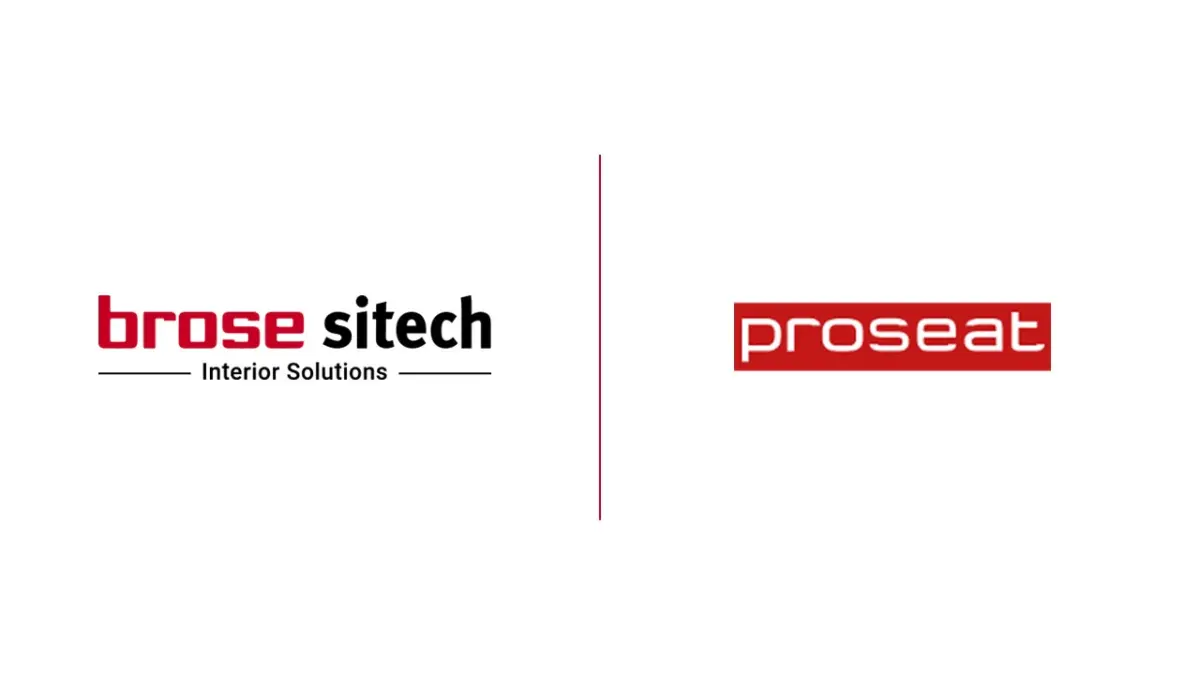
Proseat Group becomes part of Brose Sitech
Brose Sitech has announced the successful completion of the acquisition of the Proseat Group. After fulfilling all contractual and legal requirements, including obtaining approval from the relevant antitrust authorities, Proseat has become part of ...
-
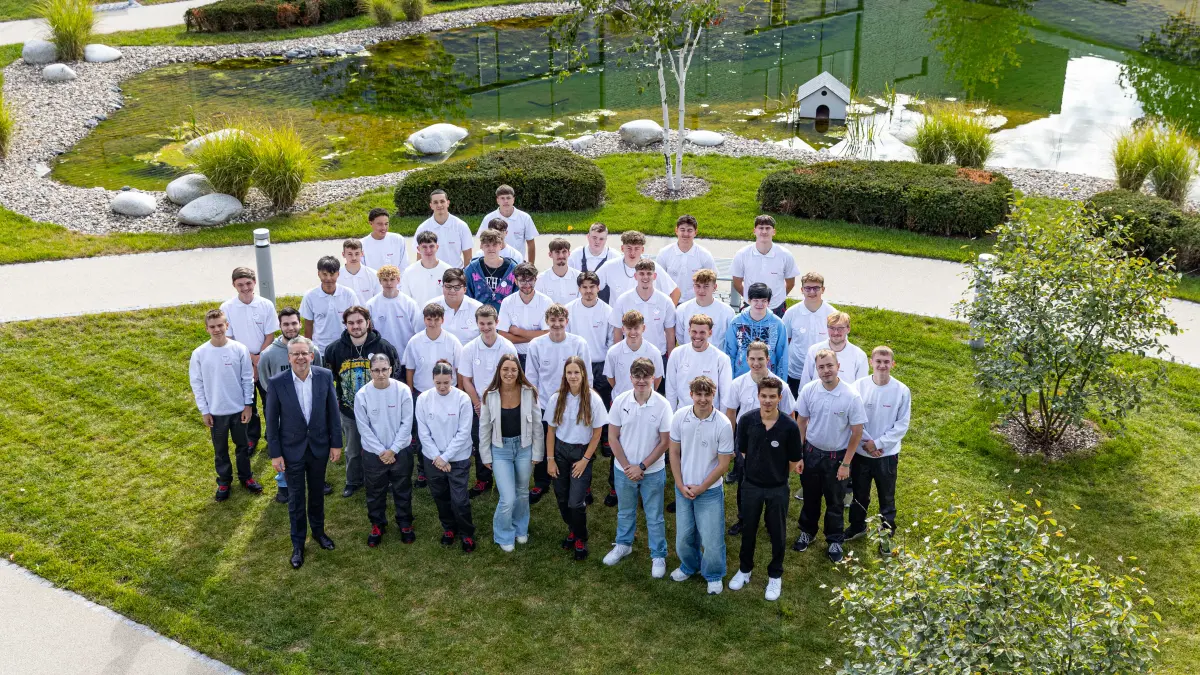
Welcome to Brose: 65 Young Professionals Begin Their Vocational Careers
In 2025, Brose is welcoming 65 young professionals worldwide. At our German locations in Coburg, Bamberg/Hallstadt, Würzburg, and Berlin, 41 young talents are starting their apprenticeship or dual study programs. An additional 24 apprentices are be...
-
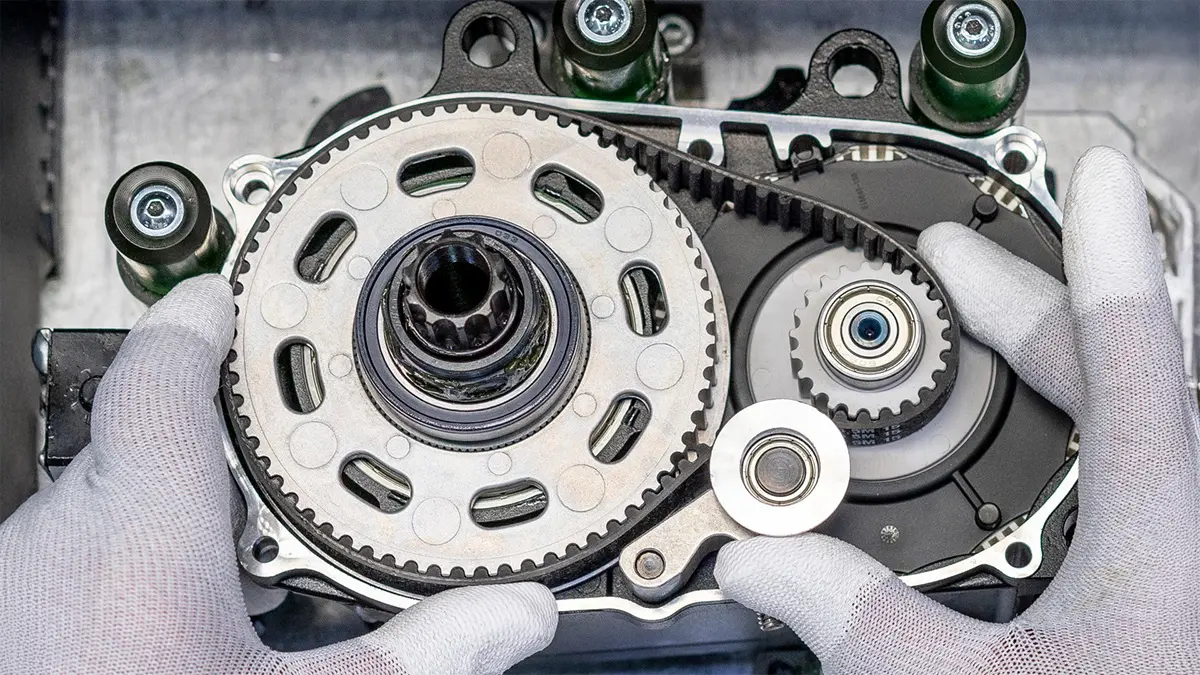
Brose transfers e-bike drive business to Yamaha Motor
Brose SE has successfully completed the transfer of its e-bike drive business to Yamaha Motor Co., Ltd. During the interims period, the business will continue to operate under the current name BAT GmbH. As previously announced, this move is part of...
-
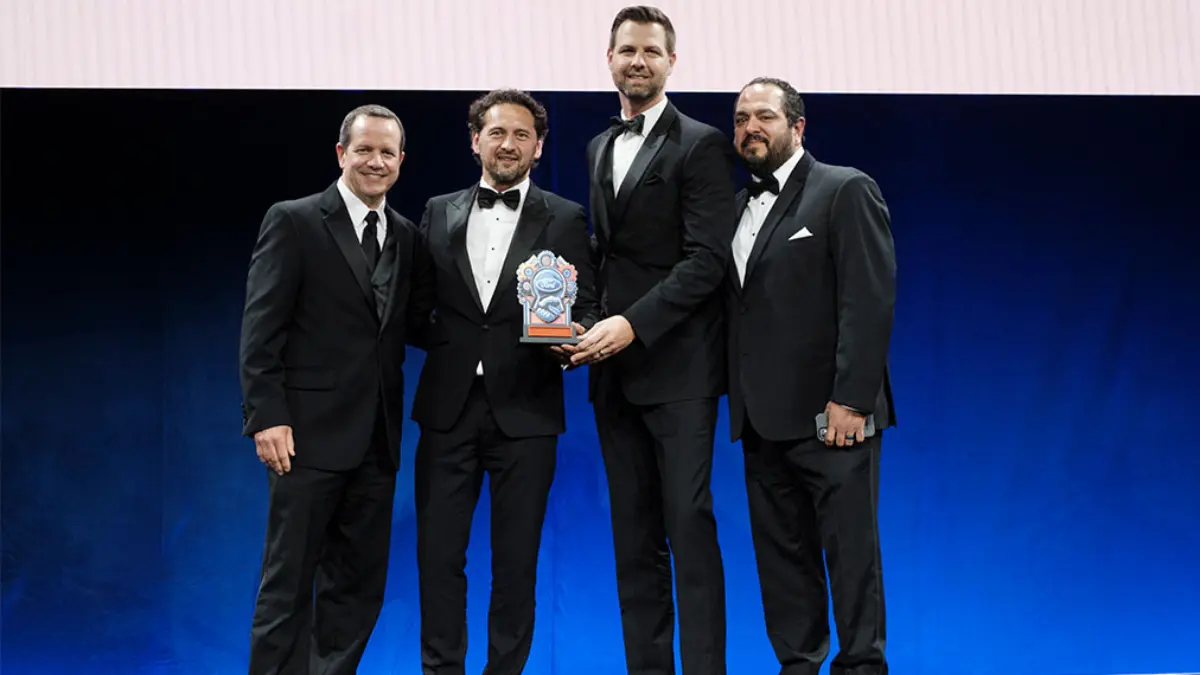
Brose receives Ford World Excellence Award for collaboration
Brose has been recognized by Ford Motor Company with a 2025 World Excellence Award in the Collaboration: Solve Together category, honoring the company’s outstanding partnership and rapid problem-solving in support of Ford operations.
-

Brose Sitech signs Share Purchase Agreement regarding the acquisition of Proseat
The Joint Venture Brose Sitech will acquire the German foam manufacturer Proseat, headquartered in Mörfelden, Germany. The transfer of ownership is conditional and subject to anti-trust merger approval by the EU Commission as well as several closin...
-
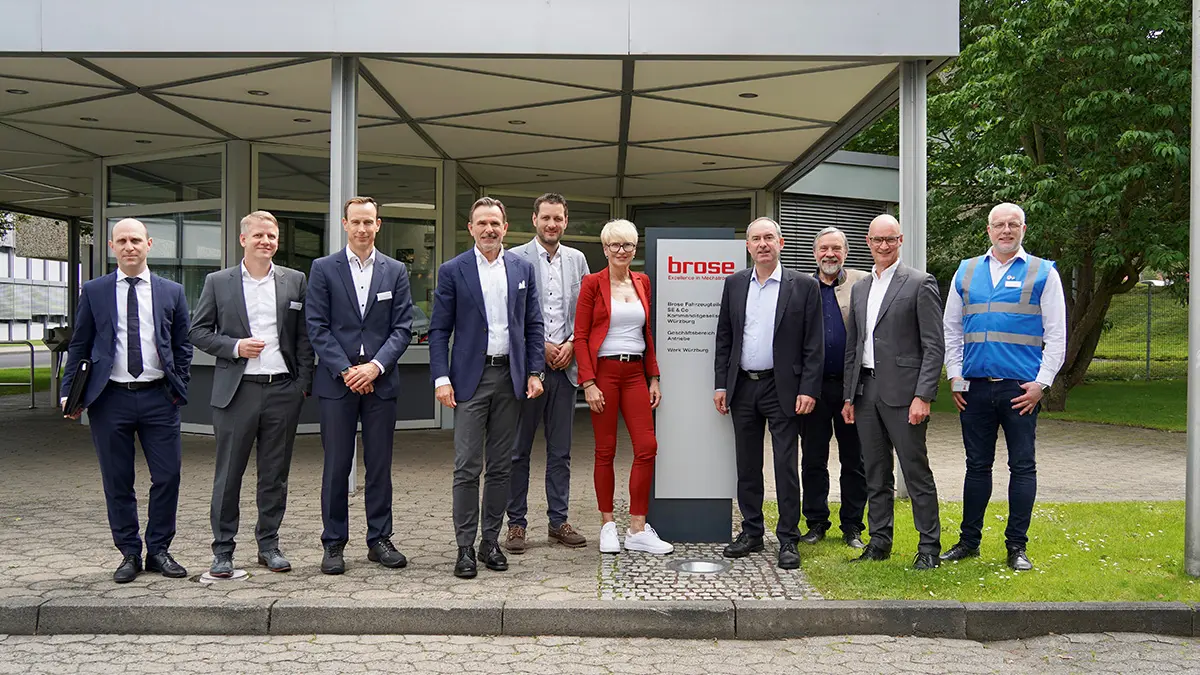
Minister of State Hubert Aiwanger visits Brose in Würzburg - focus on innovation
The Bavarian Minister of Economic Affairs, Regional Development and Energy, Hubert Aiwanger, visited the Brose location in Würzburg on June 10. During a tour of the plant and subsequent discussions with the management and the Chairman of the Works ...
-
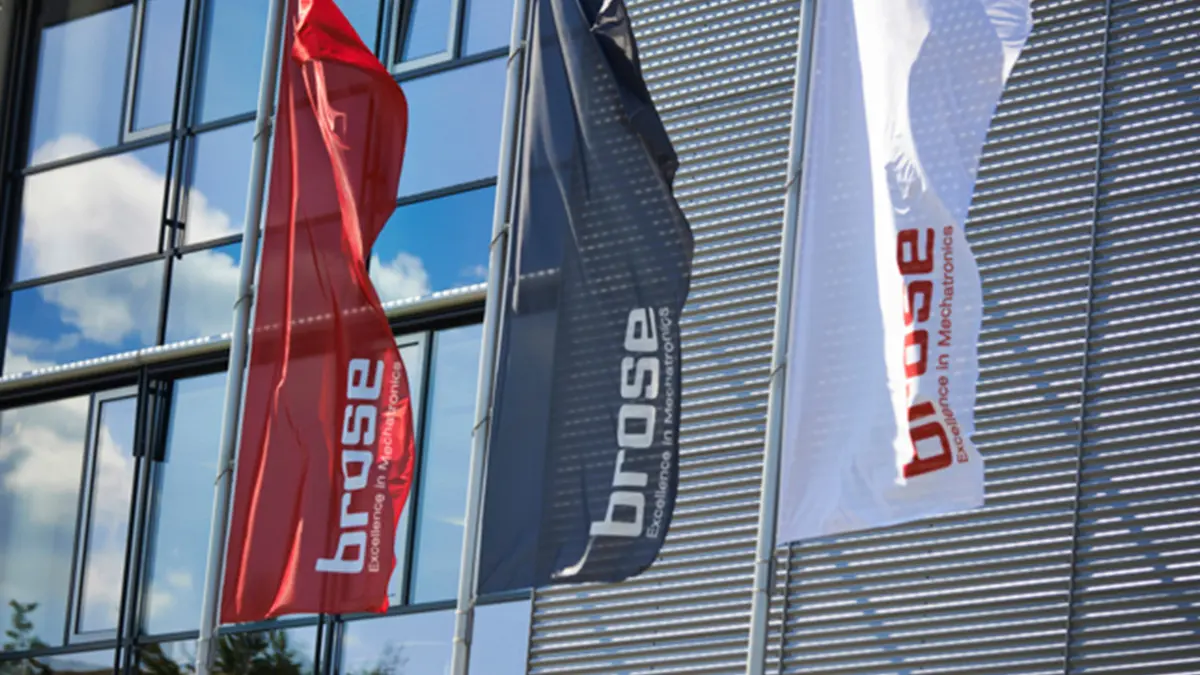
Annual financial statements under difficult market conditions
The continuing deterioration in the market environment and ongoing restructuring impacted the Brose Group's earnings in the 2024 fiscal year. At its meeting in May, the Administrative Board approved the 2024 annual financial statements presented by...
-
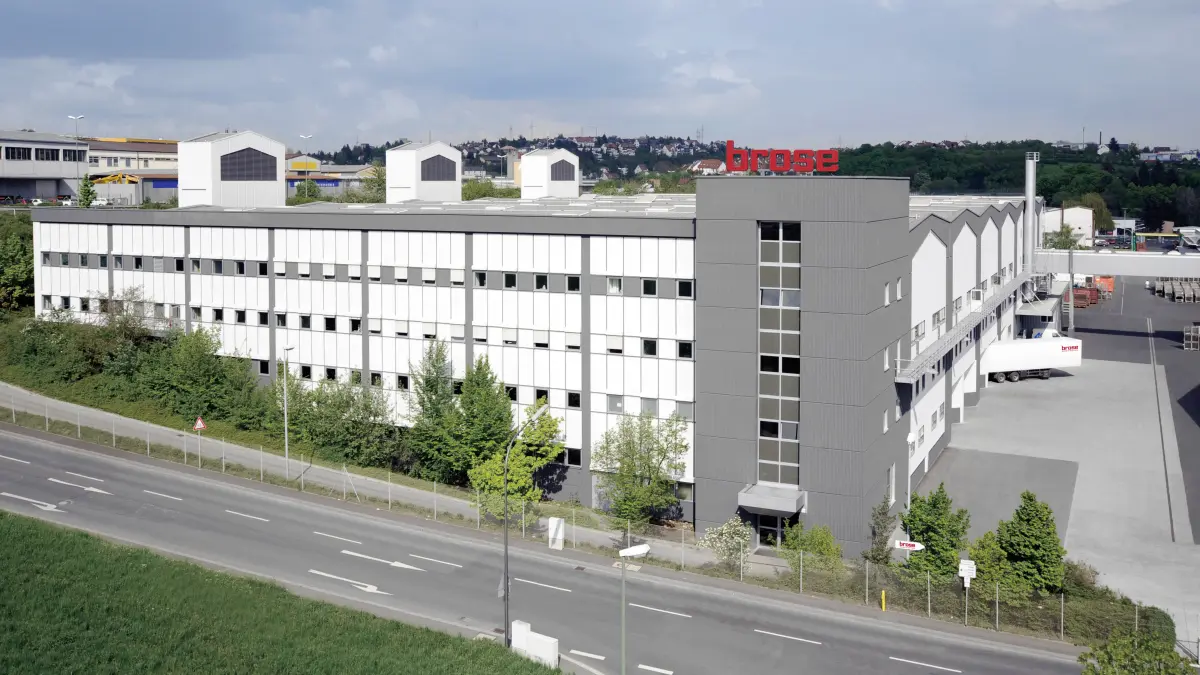
Future of the Würzburg location
On Thursday, May 8, Raymond Mutz, Executive Vice President Drives, presented the current status of the analyses on the closure of the Würzburg location against the background of the planned concentration of the three Franconian Brose locations Cobu...
-
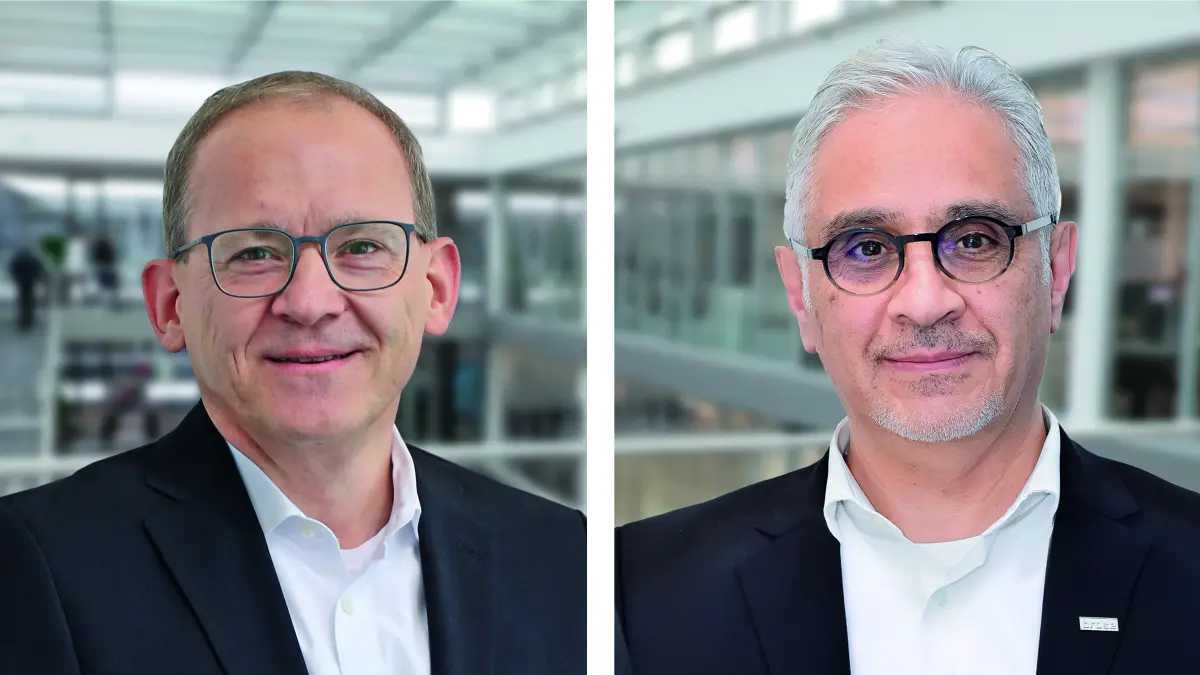
Brose relies on in-house experience for management changes
Klaus Jungwirth appointed Head of the Seat Division: Following a decision by the shareholders and the Advisory Board, Klaus Jungwirth (52) will assume responsibility for the Seat Business Division on May 1, 2025. Mr. Jungwirth succeeds Andreas J...
-
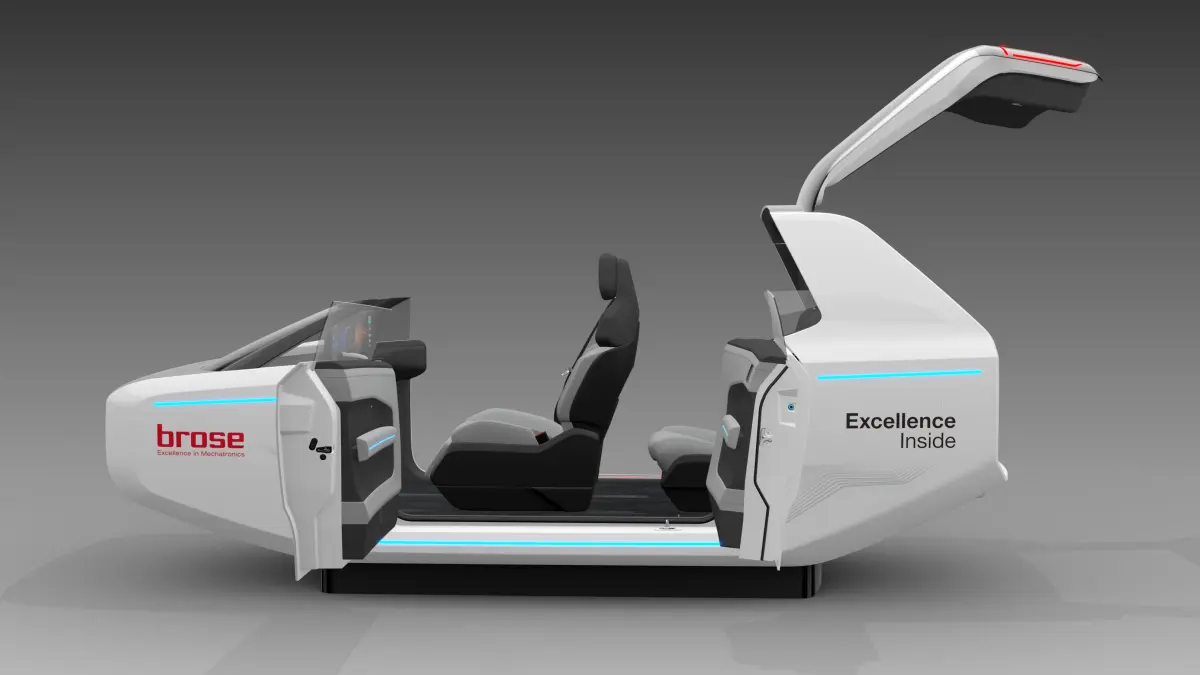
Brose at Auto Shanghai 2025: Innovations with Vision – From China for the World
Under the motto Excellence Inside , the automotive supplier Brose is presenting forward-looking mobility solutions at this year’s Auto Shanghai from April 23 to May 2. With this, the family-owned company is responding to key industry trends: accel...
-
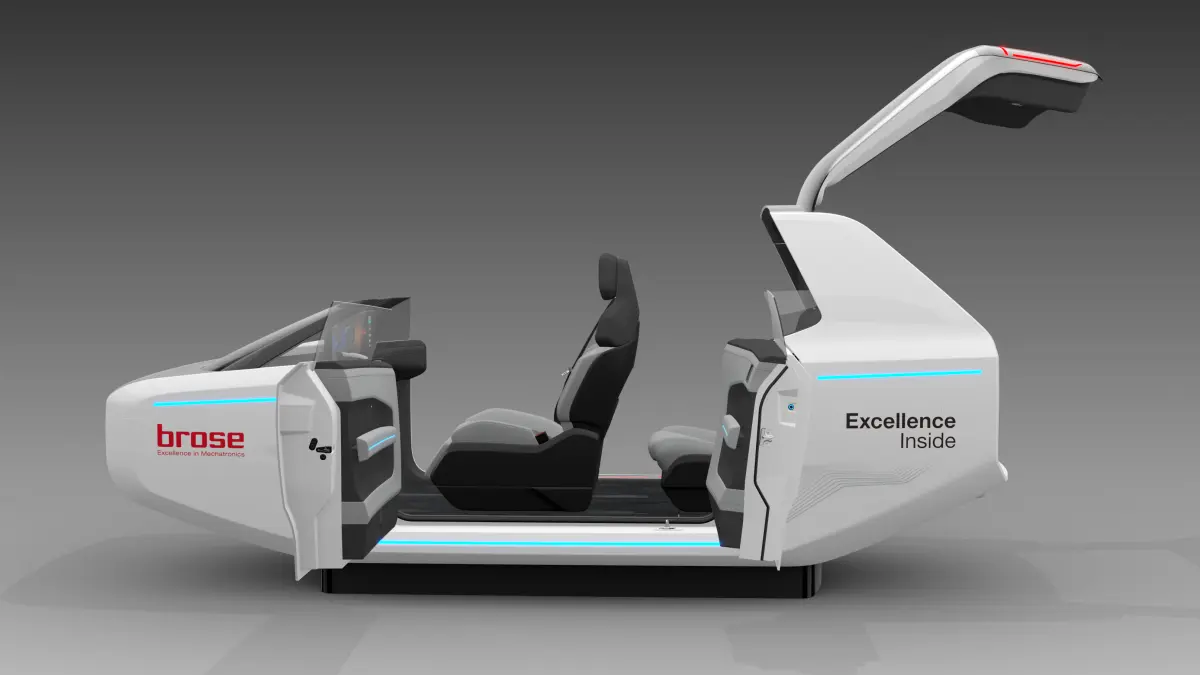
Brose unveils key innovations to power the future of the automotive industry
The automotive industry is undergoing a profound transformation. Electrification is accelerating, multiple technology paths are advancing in parallel, intelligent systems are rapidly being applied across diverse real-world scenarios. Consumers are ...
-
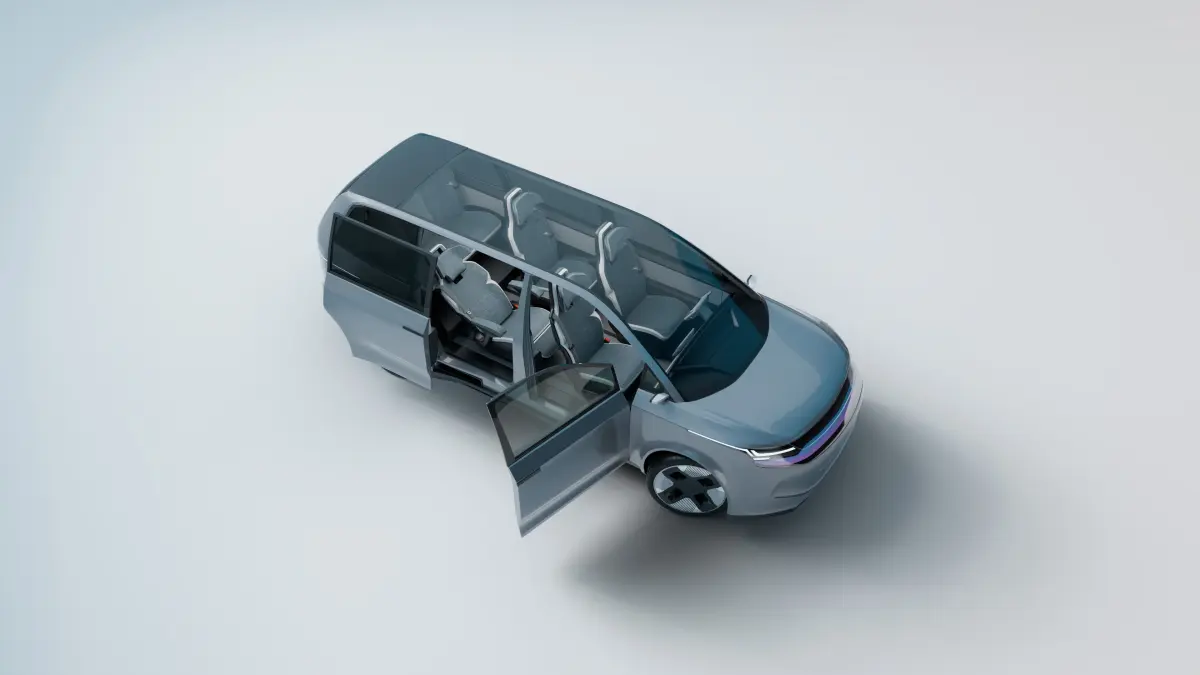
Brose to showcase innovative solutions at 2025 Auto Shanghai, illustrating 30 years’ development in China
In 2025, Brose reached a significant milestone with its 30-year anniversary of entering the Chinese market. As a global leader in mechatronic systems, Brose has been deeply rooted in China since 1995, continuously advancing its localization strateg...
-
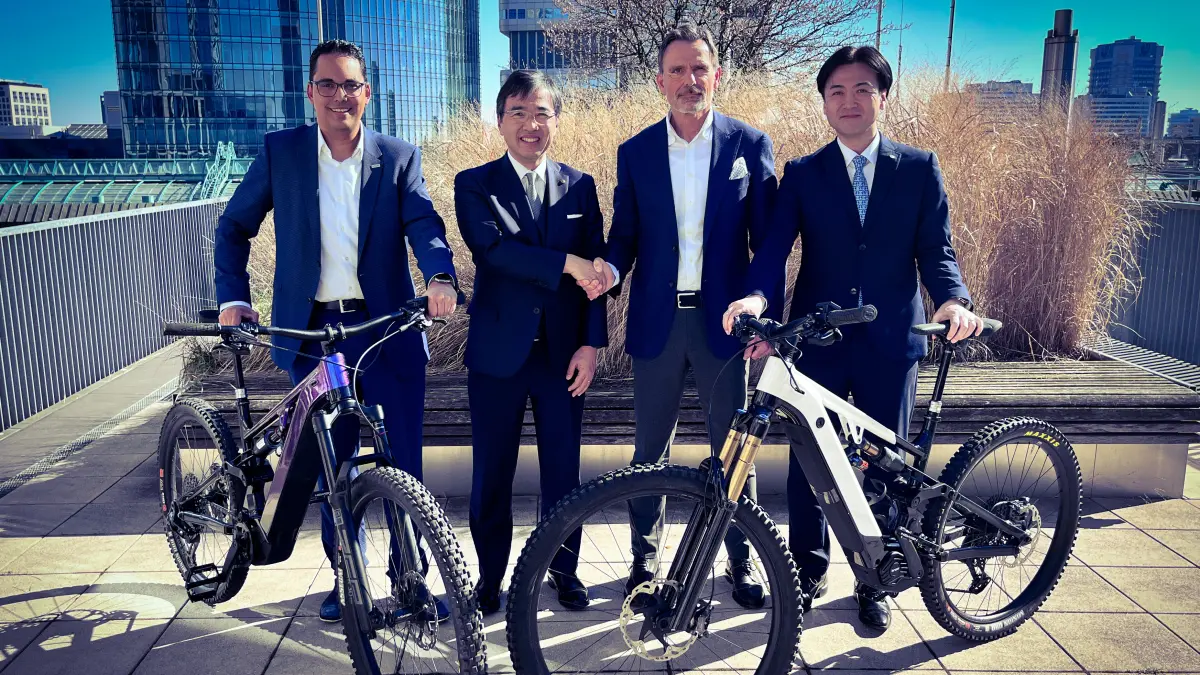
Brose sells its e-bike drives business to Yamaha
Brose SE is selling its e-bike drives business to Yamaha Motor Co., Ltd. Subject to approval by the antitrust authorities, Yamaha's Motor eBike Systems GmbH will take over the e-bike drive and systems business. The sale is part of Brose's strategic...
